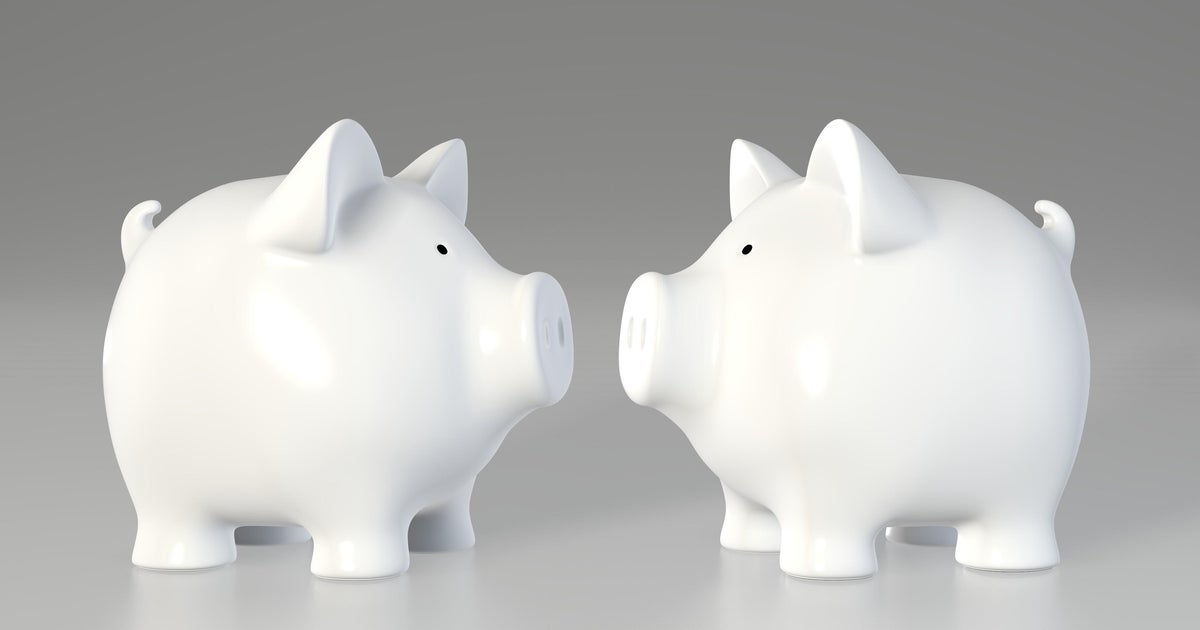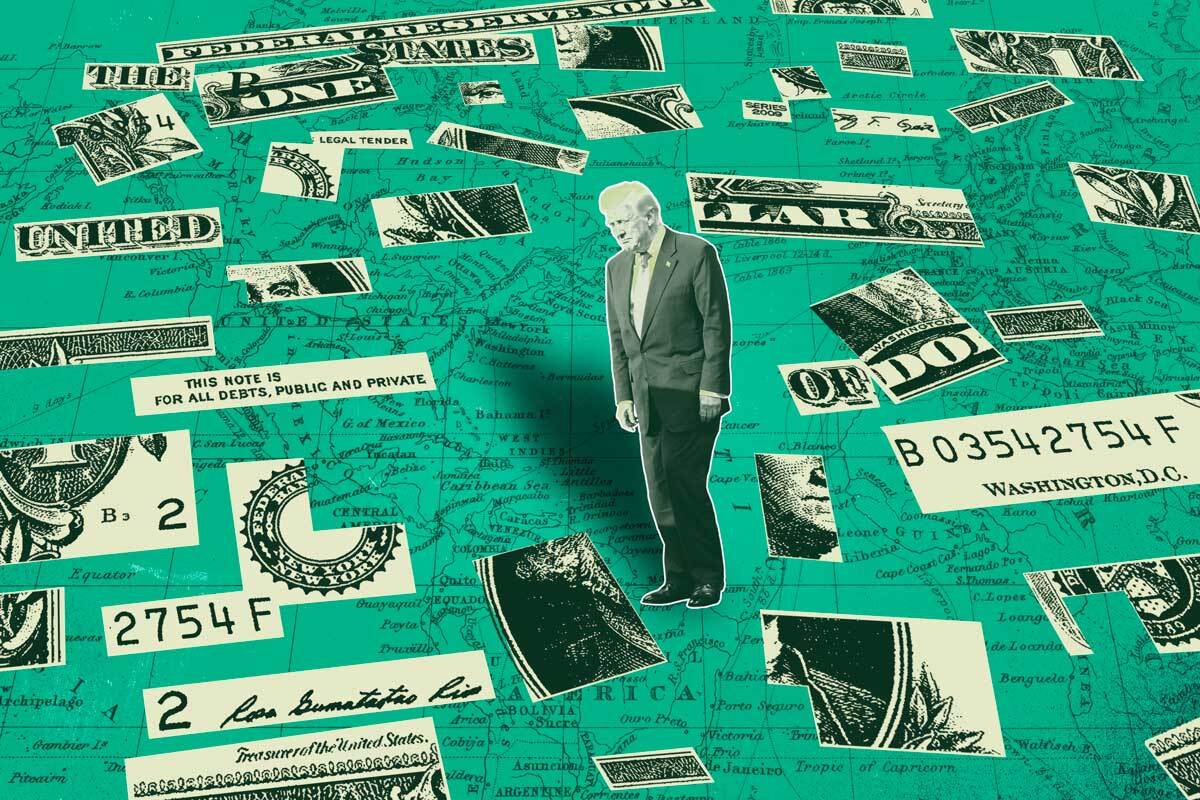Interest rates are paused — here's what that means for credit card users
The Federal Reserve's federal funds rate has been a hot topic since rate hikes started about two years ago. However, the Fed announced today that it was pausing rate hikes again — for the fourth consecutive time — and it's unclear which direction rates will move in next.
However, the central bank also noted that the current inflation rate remains too high — and, in turn, there is no plan to reduce rates until inflation nears 2% annually.
That has far-reaching implications for consumers, especially in terms of variable interest debt, like credit card debt. But, what exactly does today's interest rate pause mean for credit card users?
Explore your debt relief options to get out of high-interest credit card debt now.
Interest rates are paused — here's what that means for credit card users
"Ultimately, with the changes of the fed funds rate, the prime rate also changes, which then in turn increases or decreases the APR on your credit card," says John Jones, investment advisor representative at Heritage Financial.
Credit card companies usually charge interest as the prime rate plus a markup. For example, a lender may charge the prime rate plus 15.99%. And, since the federal funds rate isn't changing, the prime rate is likely to stay the same at about 8.50%. This, in turn, would mean that the credit card in this example charges a total of 24.49%.
As such, it's likely that high credit card interest rates and minimum payments are here to stay — at least until inflation cools further.
Tap into the debt relief you deserve today.
3 tips to help you get out of debt quickly
Today's news isn't conducive to paying your debts off quickly. So what can you do if you want to pay your debt off fast?
Enroll in a debt relief service
If you're struggling to make your minimum payments, it may be time to reach out to a debt relief service. There are two common options available: debt management and debt settlement.
The debt management process usually starts with an expert asking questions to get a better understanding of your financial situation. The company then negotiates with your lenders on your behalf to reduce your interest rates and improve payment terms.
Once the negotiations are complete, the company works with you to create a payment plan that's affordable for paying your debt off. You then make payments to the debt relief company, which pays your creditors until your debts are paid in full.
The second option, debt settlement, starts with a conversation about your financial position. The debt relief expert will usually create a payment plan for you and will ask you to stop paying your creditors. You'll pay the debt settlement company each month instead.
The debt relief company then holds the money in a special-purpose savings account. Once enough money is in the account to start settling the debts, the company negotiates settlements on your behalf. This process can have a detrimental impact on your credit score but it can also lead to significant savings of time and money.
Stop using your credit cards
One of the biggest challenges credit card users face when paying their debts is avoiding new debt in the process. If you continue to use your credit card for purchases, you lower your chances of getting out of debt in a reasonable amount of time. If this is an issue you face, make a point of not using your credit cards unless it's necessary.
One way to do this is to fill a freezer bag with water, put your credit cards in it and freeze the bag. If you want to use your cards, you'll have to thaw a thick block of ice to get to them. You'll be less likely to use credit for impulse buys and more likely to make rational, informed decisions with this method.
Find opportunities to save money
When you find opportunities to save money, you free up funds to pay your debts off faster, so look at your budget for opportunities to save. Some common ways to save include:
- Make your coffee at home rather than buying it at a coffee shop.
- Bring lunch to work instead of eating out.
- Cut the cable cord and sign up for low-cost streaming services.
- Cancel any unused subscriptions you're currently paying for.
- Opt for generic versions of over-the-counter medications.
- Try off-brand goods; you might be pleasantly surprised.
You can also dig into your budget to see what kinds of savings opportunities you can find.
The bottom line
Credit card interest rates aren't likely to fall as the federal funds rate hikes remain paused. Nonetheless, you don't have to deal with high interest rate debt forever. Take advantage of the tips above to start paying your credit cards off faster now.
This story has been updated to clarify the difference between debt management and debt consolidation programs.






